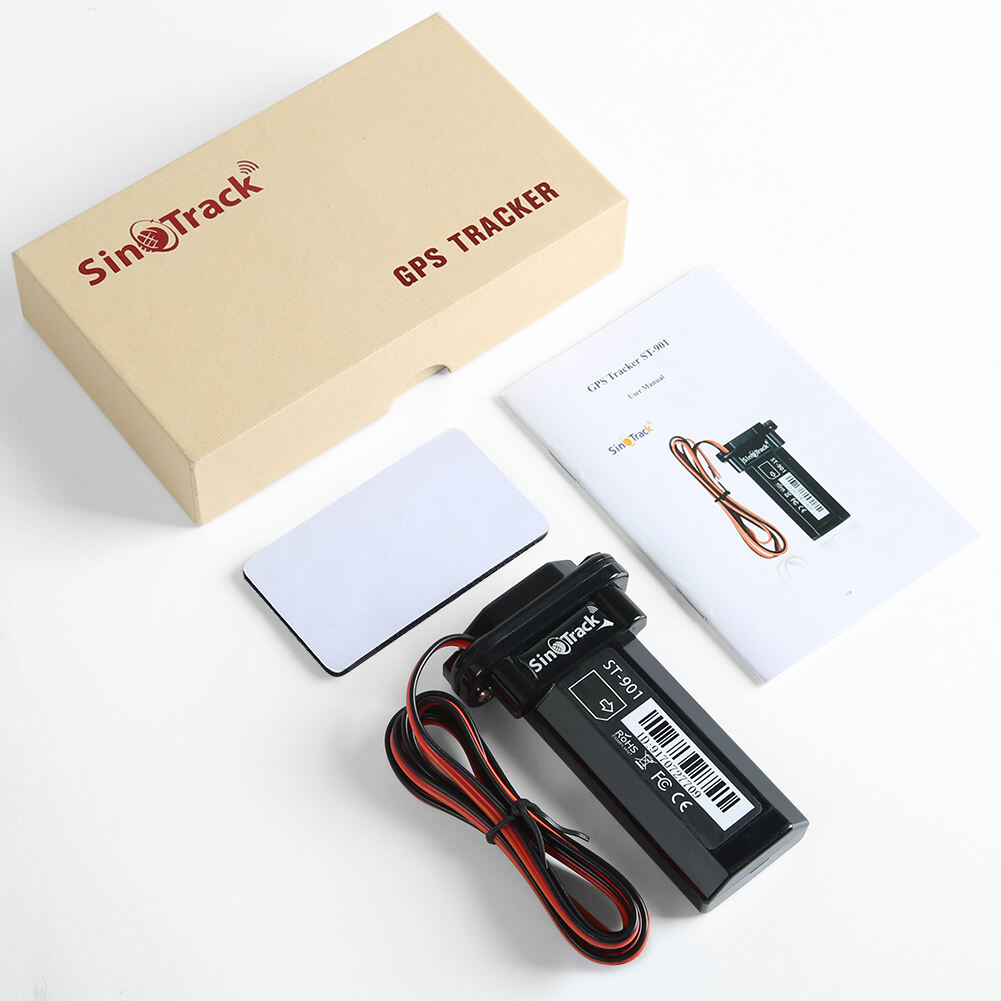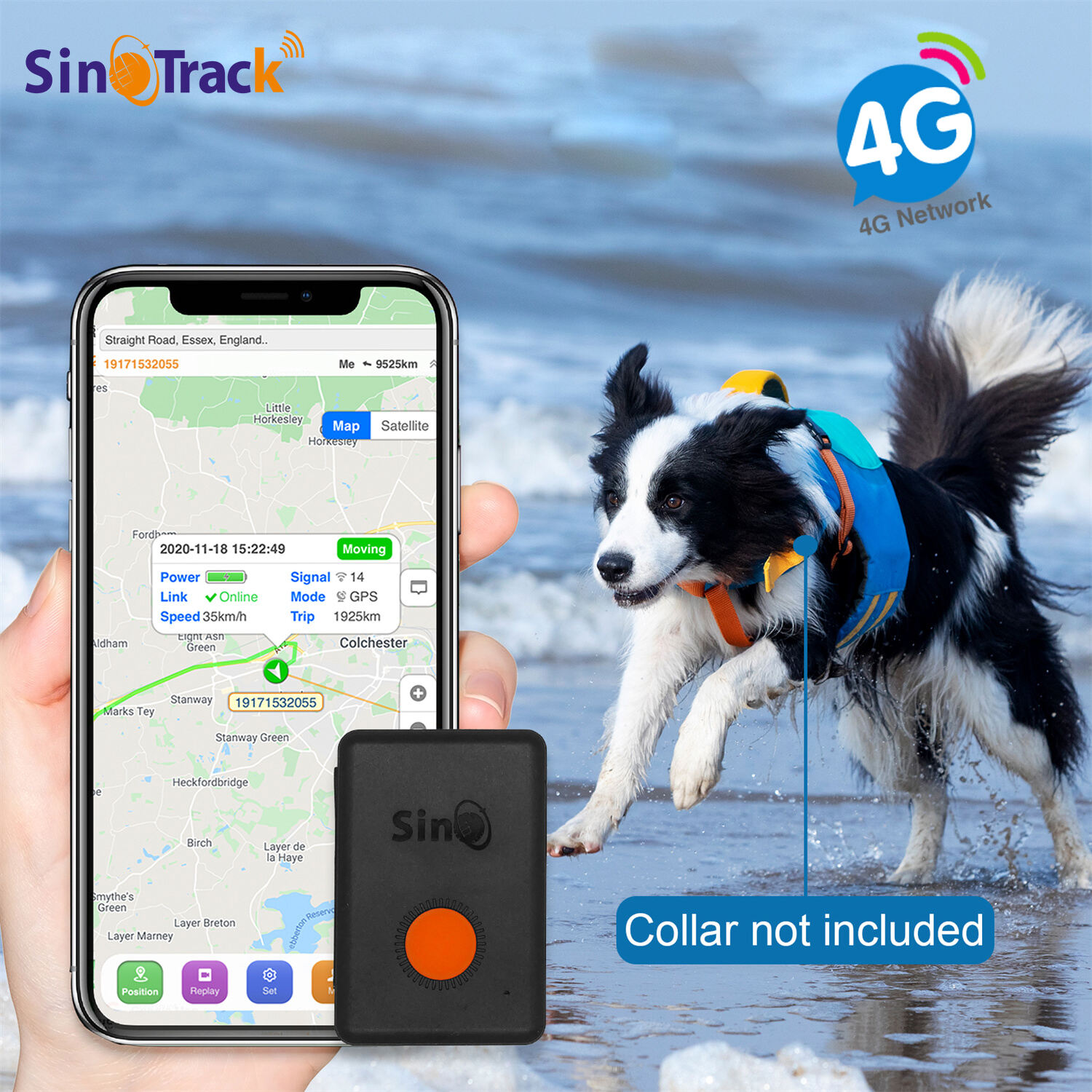Capacități avansate de securitate ale sistemelor moderne de urmărire GPS
Evoluția tehnologiei de urmărire a adus capacități fără precedent atât pentru afaceri, cât și pentru indivizi. În fruntea acestei revoluții se află trackerul 4g gps, care combină conectivitatea de înaltă viteză cu monitorizarea precisă a locației. Aceste dispozitive sofisticate folosesc rețele celulare de generația a patra pentru a oferi date de urmărire în timp real, cu o acuratețe și fiabilitate remarcabilă.
Soluțiile moderne de urmărire s-au transformat din dispozitive simple de localizare în instrumente complete de securitate și management. Integrarea tehnologiei 4G a eliminat multe dintre limitările sistemelor mai vechi de urmărire, oferind o transmisie mai rapidă a datelor, o acoperire mai largă și funcționalități îmbunătățite care răspund cerințelor actuale de securitate.
Componente tehnologice principale
Arhitectura rețelei și conectivitatea
Baza unui tracker GPS 4G o reprezintă arhitectura sa avansată de rețea. Aceste dispozitive utilizează infrastructura extinsă a rețelei 4G LTE, permițându-le să mențină o conectivitate constantă chiar și în condiții dificile. Capacitatea ridicată de bandă asigură transmiterea fără întârziere a actualizărilor de locație, rapoartelor de stare și notificărilor de alertă.
Spre deosebire de vechile sisteme 2G sau 3G, dispozitivele de urmărire 4G pot gestiona mai multe fluxuri de date simultan, permițând transmisia video în timp real, comunicarea vocală și urmărirea poziției, toate în același timp. Această capacitate de multitasking le face deosebit de valoroase pentru gestionarea flotei și aplicațiile cu înaltă securitate.

Sisteme de Poziționare Preciză
Unitățile moderne de urmărire GPS 4G combină mai multe tehnologii de poziționare pentru a obține o precizie fără precedent. Pe lângă funcționalitatea standard GPS, aceste dispozitive includ adesea sistemele satelitare GLONASS, Galileo și BeiDou. Această abordare multi-constelație asigură o poziționare fiabilă chiar și atunci când semnalele GPS tradiționale sunt compromise.
Algoritmii avansați de poziționare îmbunătățesc în continuare precizia prin filtrarea zgomotului semnalului și compensarea interferenței mediului înconjurător. Rezultatul este un set de date privind locația precis până la câțiva metri, ceea ce face ca aceste dispozitive de urmărire să fie potrivite pentru aplicații care variază de la recuperarea vehiculelor la protecția activelor.
Caracteristici esențiale de securitate
Monitorizare în timp real și alerte
Unul dintre cele mai critice aspecte de securitate ale unui tracker GPS 4G este capacitatea de monitorizare în timp real. Aceste dispozitive oferă actualizări continue privind locația, viteza și starea, permițând utilizatorilor să mențină o conștientizare constantă asupra activelor urmărite. Sistemul poate detecta și raporta instantaneu orice mișcare neautorizată, încercări de manipulare sau abateri de la traseele prestabilite.
Mecanisme sofisticate de alertă pot fi personalizate pentru a notifica mai mulți participanți prin diverse canale, inclusiv aplicații mobile, e-mail și SMS. Acest sistem imediat de notificare asigură faptul că personalul de securitate poate răspunde rapid la eventuale amenințări sau situații de urgență.
Geofencing și Controlul Perimetrului
Tehnologia geofencing permite utilizatorilor să stabilească perimetre virtuale în jurul unor zone specifice. Când un tracker GPS 4G intră sau iese din aceste zone predefinite, sistemul declanșează automat notificări. Această funcție este deosebit de valoroasă pentru securizarea zonelor restricționate, gestionarea operațiunilor de flotă și monitorizarea activelor valoroase.
Capacitățile avansate de geofencing permit crearea unor sisteme complexe de delimitare cu mai multe zone și reguli bazate pe timp. Utilizatorii pot configura protocoale de securitate diferite pentru diferite momente ale zilei sau zile ale săptămânii, oferind o gestionare a securității flexibilă, dar robustă.
Măsuri de securitate și confidențialitate a datelor
Criptare și autentificare
Securitatea datelor este esenţială în sistemele moderne de urmărire. Dispozitivele de urmărire 4g GPS implementează protocoale de criptare sofisticate pentru a proteja datele transmise de interceptare sau manipulare. Criptarea de la capăt la capăt asigură că datele de locație, semnalele de comandă și actualizările sistemului rămân sigure pe tot parcursul călătoriei de la dispozitiv la server la aplicația utilizatorului final.
Sistemele de autentificare multi-factor protejează accesul la datele de urmărire și la funcțiile de control. Aceste măsuri de securitate împiedică utilizatorii neautorizați să acceseze informații sensibile sau să modifice setările dispozitivului, menținând integritatea sistemului de urmărire.
Stocarea Datelor și Conformitatea
Soluțiile moderne de urmărire includ sisteme sigure de stocare a datelor care respectă reglementările internaționale privind confidențialitatea. Datele istorice de urmărire sunt păstrate în baze de date criptate, cu copii de rezervă regulate, asigurând atât securitatea datelor, cât și accesibilitatea acestora. Jurnalele de acces și urmele de audit oferă responsabilitate și ajută organizațiile să își îndeplinească cerințele de conformitate.
Funcțiile de confidențialitate permit organizațiilor să implementeze controale de acces bazate pe roluri, asigurând faptul că utilizatorii pot accesa doar informațiile relevante pentru responsabilitățile lor. Acest control granular al accesului la date ajută organizațiile să echilibreze nevoile de securitate cu preocupările legate de confidențialitate.
Capacități avansate de integrare
Integrare Platformă Software
Sistemele actuale de urmărire GPS 4G pot integra fără probleme cu diverse platforme software, inclusiv sisteme de management al flotei, centre de monitorizare a securității și soluții de planificare a resurselor întreprinderii. Această capacitate de integrare permite organizațiilor să creeze soluții complete de securitate și management care valorifică datele de urmărire împreună cu alte sisteme de business.
Interfețele API permit dezvoltarea unor integrațiuni personalizate, permițând organizațiilor să creeze aplicații specializate care să răspundă cerințelor lor unice de securitate și operaționale. Flexibilitatea platformelor moderne de urmărire asigură faptul că organizațiile își pot adapta sistemele pe măsură ce evoluează nevoile lor.
Compatibilitate hardware
Dispozitivele moderne de urmărire sunt concepute pentru a funcționa cu o gamă largă de senzori și echipamente auxiliare. De la senzori de combustibil la monitoare de temperatură, unitățile de urmărire GPS 4G pot colecta și transmite date din mai multe surse simultan. Această capacitate permite o monitorizare completă atât a locației, cât și a condițiilor de mediu.
Capacitatea de a se integra cu sistemele vehiculului prin porturi OBD-II sau conexiuni directe oferă puncte suplimentare de date în scopuri de securitate și management. Organizațiile pot monitoriza starea vehiculului, comportamentul la volan și statusul securității printr-o singură platformă integrată.
Întrebări frecvente
Cât timp durează bateria într-un tracker GPS 4G?
Durata bateriei variază în funcție de modelul specific și de tiparele de utilizare. Majoritatea dispozitivelor moderne de urmărire GPS 4G sunt echipate cu sisteme avansate de gestionare a energiei care pot prelungi durata bateriei câteva zile până la săptămâni cu o singură încărcare. Unele modele includ baterii cu capacitate mare sau pot fi conectate direct la sistemul electric al vehiculului pentru funcționare continuă.
Ce se întâmplă dacă semnalul 4G este pierdut?
Dispozitivele moderne de urmărire includ sisteme de rezervă pentru gestionarea întreruperilor semnalului. Atunci când conectivitatea 4G este pierdută, dispozitivul va stoca datele de localizare în mod local și le va transmite odată ce conexiunea este restabilită. Unele modele pot comuta, de asemenea, la metode alternative de comunicare sau la rețele cu bandă mai scăzută pentru a menține funcționalitatea de bază a urmăririi.
Este legal să folosim trackere GPS 4G?
Legalitatea utilizării unui tracker GPS 4G depinde de aplicația specifică și de reglementările locale. În general, este legal să urmărești vehicule și active pe care le deții sau pentru care ai permisiune explicită de monitorizare. Cu toate acestea, este esențial să respecți legile privind confidențialitatea și să obții acordul necesar atunci când urmărirea implică angajați sau terțe părți.

